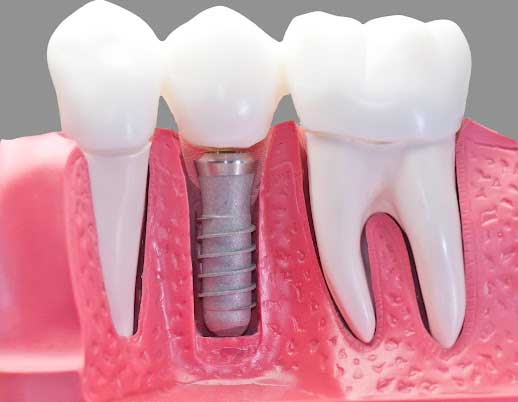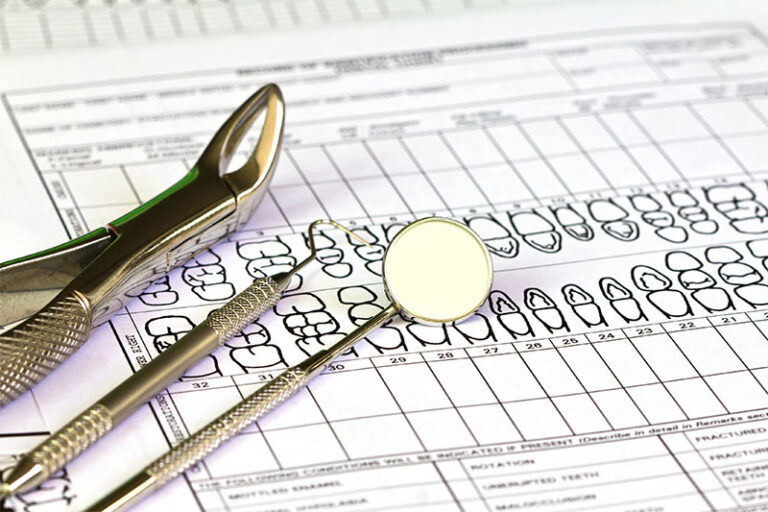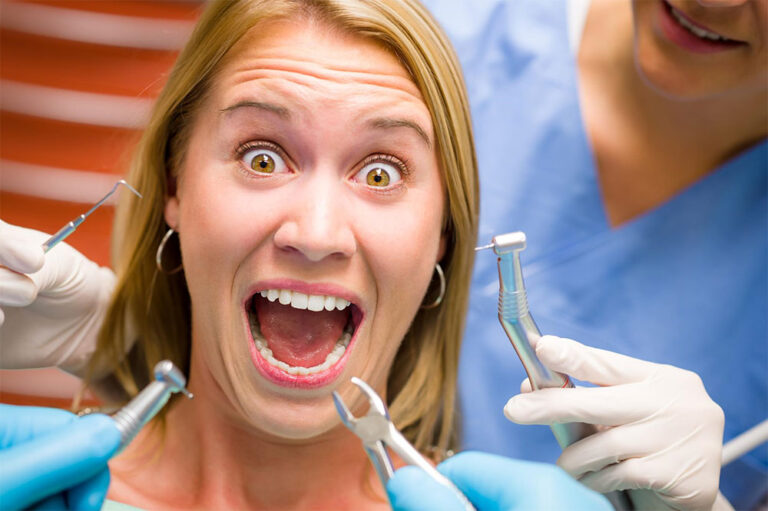 Too often, people avoid dental visits due to dental anxiety. Sometimes, this anxiety is exhibited by feelings of distress about anything dental related. This avoidance can lead to poor dental health, gum infections, and dental pain.
Too often, people avoid dental visits due to dental anxiety. Sometimes, this anxiety is exhibited by feelings of distress about anything dental related. This avoidance can lead to poor dental health, gum infections, and dental pain.
Fortunately, you have ways to lessen your anxiety. One method may be through sedation dentistry. What is sedation dentistry, and how does it work? Learn some information to help you work through this problem and schedule a dental appointment.
What Is Sedation Dentistry?
a
Sedation dentistry is a way to help you relax when you get in the dental chair. The dentist uses various medications to take the edge off your stress and anxiety so you do not overthink or fear what will happen next.
What Is the Difference Between Dental Anxiety and Dentophobia?
Dental fear is real. An estimated 36% of U.S. residents have some fear of dental treatments. The fear or anxiety can stem from numerous things, including a dental office’s sights, sounds, and smells. Dental anxiety may present the following symptoms:
- Elevated heart rate
- Elevated blood pressure
- Palpitations
- Falling blood pressure
- Fainting spells
- Sweating
There is a difference between dental anxiety and dental phobia, although it may be a thin line in some people. Those diagnosed with dentophobia or odontophobia are people with severe anxiety. Out of the 36% of the population, approximately 12% rise to this level.
Dentophobia is often from a fear of the following things associated with a dental appointment or procedure:
- Needles
- Noise
- Pain
- Blood
- Gagging
- Choking
- Numbness
Others fear the dentist or dental office itself. They may associate any dental procedures with pain or discomfort they may have previously experienced.
Who Needs Sedation Dentistry?
Many people benefit from sedation dentistry outside those with dental anxiety or dentophobia. For example, some others who may benefit from these special procedures include:
- People with a sensitive gag relax
- Those with severe claustrophobia
- People with tremors or involuntary movements
- People with special physical, cognitive, or behavioral needs
In addition to relieving your anxiety, your dentist may suggest sedation for safety. For example, if you suffer from tics, tremors, or involuntary movements, certain levels of sedation may ensure that you can remain still and relaxed during the procedure. This state ensures your safety as well as the safety of your dentist.
What Types of Sedation Are Available?
Various levels of sedation dentistry available for you during your dental appointment range from mild to deep sedation. You and your dentist will decide on the method based on several factors, such as your procedure, anxiety level, physical health, and personal preferences. You may have the following options.
Nitrous Oxide
One of the easiest forms of dental sedation is nitrous oxide or laughing gas. Your dentist delivers this colorless, odorless gas mixed with oxygen through a breathing mask over your nose. All you have to do is breathe normally and the gas will quickly take effect.
Nitrous oxide affects your nervous system and makes you feel less inhibited, calm, and comfortable throughout your procedure. You are not asleep and can hear and respond to things around you. Just as quickly as the gas takes effect, it quickly wears off after you stop breathing it.
Oral Conscious Sedation
You can obtain another easy form of sedation by using various sedatives, usually in pill form. Your dentist may prescribe one of several drugs and instruct you to take it approximately an hour before your appointment.
You will usually need a driver, as these medications may make you sleepy. It creates a light sleep where you can communicate and easily awaken.
IV Sedation
Your dentist may use intravenous or IV sedation for severe phobias or complex dental procedures. Your dentist will deliver these medications into your veins using an IV. Because you will be deeply sedated, you will have little or no memories of the procedure.
At the offices of Dan Czapek, D.M.D., we can offer you all of these forms of dental sedation along with general anesthesia or another form of unconscious sedation. We provide general anesthesia with an on-staff Anesthesiologist.
With this many sedation options, we can help you overcome your anxiety or phobia and provide the dental care you need. Give us a call today.
847-870-8839





